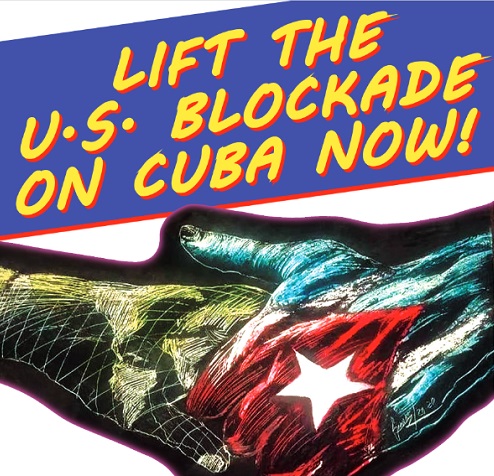Six decades have passed on the Cuban embargo put there by the consecutive governments of the US. Just a brief glimpse back. Before Fidel Castro came to power in 1959, an enormous percentage of the Cuban economy was under the control of U.S. corporations. U.S. companies even dominated the island’s utilities and railroads. They also controlled a significant portion of its natural resources, including its sugar, cattle, tobacco, timber, oil, mining, and farm industries.
Cuba’s new communist government nationalized all of these assets, putting them in the name of the Cuban people. The US retaliated by slapping a trade embargo in place in hopes of toppling the Cuban government. History tells us that this didn’t happen as the Cuban government always had the support of the people. For nearly 60 years, the United States has enforced an embargo against Cuba, severely restricting the flow of goods to the island. Most US companies are forbidden from dealing with Cuba, and various US laws punish foreign companies that do business in Cuba. The restrictions are meant to economically squeeze the island and create enough discontent within Cuba to force the government to step down. This behaviour is not new to the US for it did exactly the same with another Latin American country. Venezuela. The United States claims that it’s hostile and coup-oriented policy towards the Venezuelan government since the beginning of Chavez’s administration, is due to the humanitarian crisis when in reality there was no humanitarian crisis. The humanitarian crisis actually is the direct consequence of the boycott that the USA has promoted, through the instrument of economic war based on financial hegemony.
There are many explanations for US claims about Venezuela. Many of them are of a political nature and have to do with challenges to US hegemony so present in Chavist thought, and a commitment to a multipolar world in defiance of the Monroe Doctrine, with open participation of foreign actors like China and Russia. No less important are the economic reasons. These include the unprecedented challenges led by Venezuela to the hegemony of the dollar and the abundance of Venezuelan natural resources. Previous to Venezuela the US used its economical powers to cripple Chile under Allende simply because Allende was Marxist and was democratically elected by the people. This created a state of hysteria within US government circles as they could see the shadow of communism approaching their borders from the south.
The most recent country to be sanctioned is Syria. Syria has been sanctioned since 1979 with additional sanctions in 2004 and then continuously up till the present date. The reason then in 1979 is in reality the same as the reason now – in that Syria refuses to be dictated to , refuses to barter its sovereignty for US goodwill, refuses to step down from the principles it upholds and fights for no matter how comfortable the deal is. The Caesar Act came leading to more hardship for the ordinary Syrian citizen,punishing the countries that do business with Syria.The maestro of all these sanctions has always been the US the very same US that loots Syrian oil and Syrian wheat so depriving Syrians from their natural resources.
Editor-in-Chief
Reem Haddad

